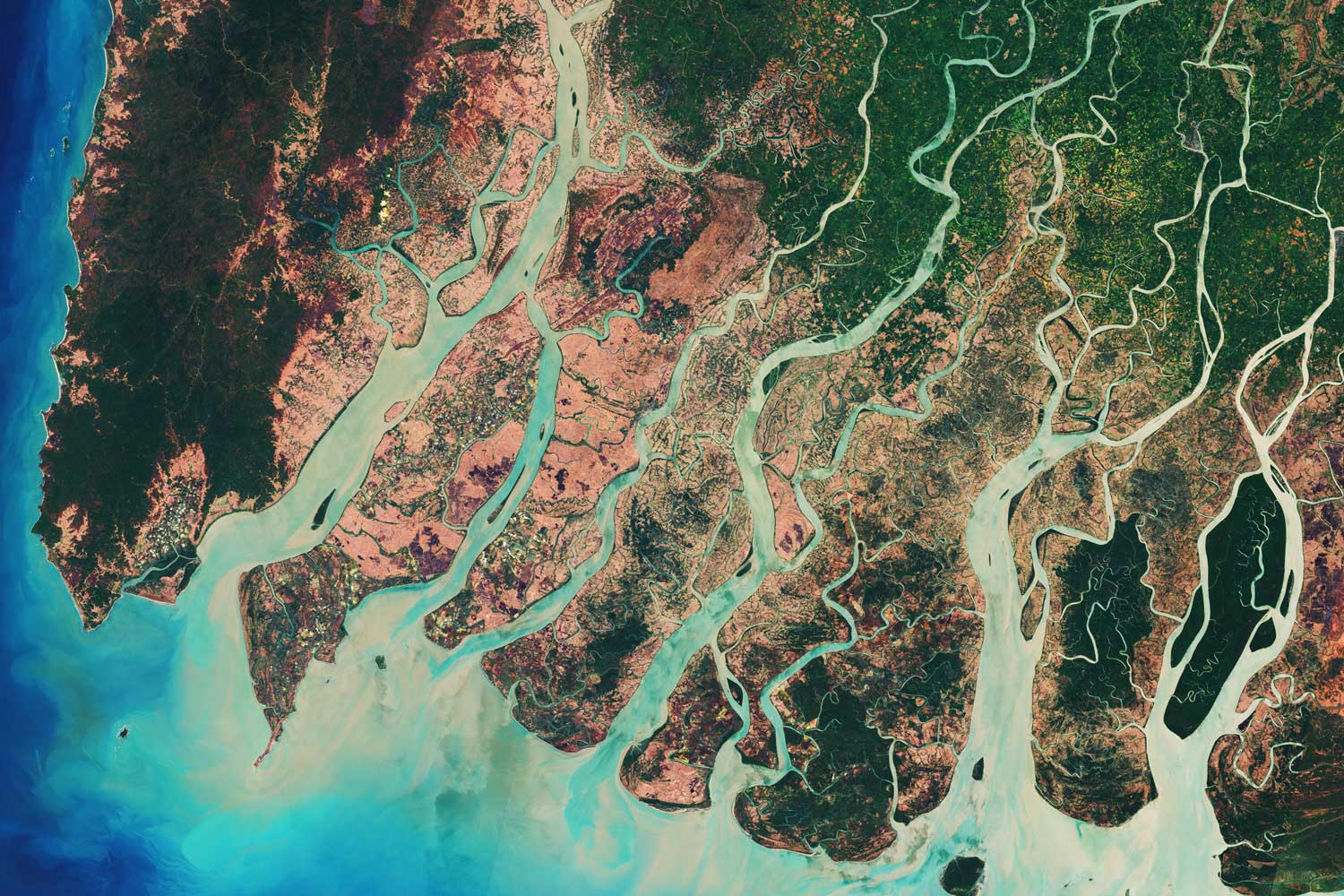heading
PROJECT: UNDP-SIWI WATER GOVERNANCE FACILITYWater Resources
Good water governance is an accelerator towards achieving the 17 Sustainable Development Goals. Integrated, impartial, transparent, and participatory governance processes are key to sustainable and equitable use of water resources. Our goal is that everybody should have access to sanitation services and clean water.
Goal
Good governance is essential for balancing the many often conflicting demands on freshwater and coastal resources. The demand for water within society has increased for decades. Land and water management has direct implications downstream, some of which extend to the open ocean. Projected population and development trends point towards even sharper competition in the future. At the same time, climate change affects the supply and demand of freshwater and the vulnerability of coastal areas. These factors jeopardize livelihoods and vital ecosystem functions in river basins, along coasts and in marine areas.
The quality of a governance process sets the basis for the quality of its outcomes.
Our approach
Since its initiation in 2005, WGF has played a big role in advancing water governance. It has contributed to developing water governance in the framework of linking policy to practice. WGF has been leading in terms of conceptual innovation and has established a well-defined niche for concepts such as water integrity, accountability for sustainability and the source-to-sea approach. WGF work inspired SIWI’s proposed water governance concept, describing the potential qualities (governance attributes) when performing core water management functions. The concept evolves around social values and aspiration such as impartiality efficiency and effectiveness in public services, gender equity, inclusion of minorities.
WGF aspires to support governments and societies to invest in governance – ensuring the involvement of vulnerable groups, supporting transparency and accountability in operations, and doing it without corruption and other un-ethical practices, as well as taking due consideration to gender dimensions and human rights. These are all critical for the legitimacy as well as the sustainability of all societies.
Groundwater
Groundwater provides half of all drinking water, more than 40 per cent of irrigation water and one-third of the industrial sector’s global need for water. Around the world, some 2.5 billion people depend solely on groundwater to satisfy their daily drinking and other domestic water needs. While groundwater depletion is largely driven by irrigated agriculture, contamination comes mainly from human activities such as fertilizers and pesticides, landfills, industrial discharges, and injection wells. Another example is how aquifers in low‐lying coastal areas, vulnerable to sea level rise, are threatened by saltwater intrusion.
With increasing demand for water, it is insufficient to enhance the hydrogeological understanding of groundwater; we also have to recognize a heterogenous group of stakeholders in a complex institutional landscape. Strategic planning, decision-making, and regulation are key aspects of governance, but end-users’ perceptions and practices, their levels of knowledge and means of being involved in transparent governance processes are equally critical. To effect lasting, improved conditions that efficiently and equitably strengthen groundwater access and long-term groundwater resources security is part of the solution to ensure availability and sustainable management of water and sanitation for all – for achieving SDG 6.
UN-Water has chosen groundwater as the theme for its focused campaign in 2022. WGF is engaged in the preparation of the 2022 edition of the World Water Development Report, which aims at ‘Making the Invisible Visible.’ In parallel, WGF works to assist in building countries’ capacity to proactively manage risks and strengthen resilience based on a levelled-up understanding of the governing of groundwater and aquifer resources. This involves the interface of groundwater resources and the human rights to water and sanitation, and other water-related rights. “Self-supply” is an increasingly significant practice among households that are inadequately served and must find alternative sources of water, or chose to go off-grid, and thereby depend on groundwater. The topic is treated in this article.
WGF is also involved in supporting, through GoAL-Waters, drought management in Jordan by building resilience of the groundwater aquifers susceptible to negative impacts from over-abstraction. Activities involve promoting cost-effective approaches rooted in nature-based solutions and local autonomous measures.
Nature-based solutions
The conservation, rehabilitation and climate-informed management of biodiversity and ecosystems increases resilience to climate change and provides low-cost and long-term solutions to protect lives, livelihoods and infrastructure, and advance progress toward the Sustainable Development Goals. Human, economic and social development relies on the health of natural systems. Ecosystems can significantly reduce the impact of floods, catastrophic storms and serious droughts, and can offset vast amounts of the world’s CO2 emissions. It powers industries, provides fresh water supply, food, shelter and reliable sources of incomes. The rate at which current development pathways damage and destroy natural capital, biodiversity and ecosystems is putting Earth’s flora and fauna at risk and is exacerbating climate change impacts across the globe affecting those most vulnerable to climate change.
Action Platform for Source-to-Sea Management
The source-to-sea approach enables management across the land-freshwater-marine continuum. Promotion and application of the Source-to-Sea Framework for Marine Litter Prevention is one way by which WGF can support UNDP country offices and projects.
Know more about the S2S Platform
